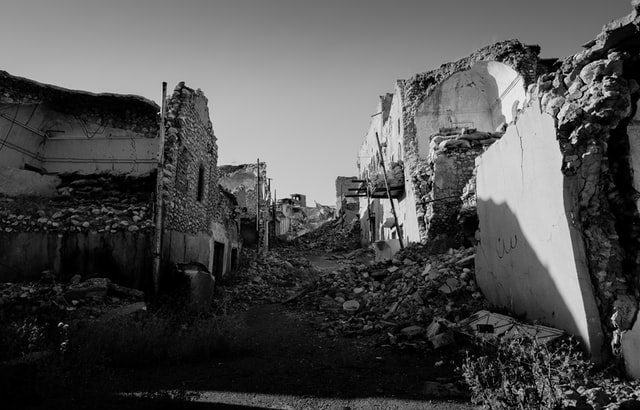
The Effects of Terrorism on The Tourism Industry
One of the effects of globalization is that it has availed terrorist networks the room to organize, plan and carry out attacks across borders and international boundaries. On its part, tourism helps to generate huge revenues, as well as promote cohesion across countries. Howbeit, tourism and tourist activities are not exempt from terror attacks and terrorism. Researchers within the space have come to admit that terrorists have much to gain by targeting tourists.
Terrorism has proven to have a very huge impact on the travel and tourism sector. Some of the effects terrorism has on any society are: homelessness, unemployment, depression, deflation, alongside a number of other social and economic ills.
In many countries, tourism contributes a great deal to the economy, such that any downturn in the industries is always a major cause of concern to the government. Similarly, the ripple effect of a downturn in tourism is always felt by a host of other industries that are associated with tourism. Some of the industries that feel the burden of downturns in tourism include hotels, airlines, cafes and restaurants, as well as local stores that sell products or render services to tourists.
In many countries, tourism helps to create employment and give a boom to the economy. Therefore, the effects of terrorism on tourism cannot be overemphasized. First of all, terrorist attacks cause visitors to abstain from a particular region. Regardless of the significance of the attraction it houses, or how much emotion it spurs; potential visitors would always place safety over sightseeing or any other form of adventure.
Once tourists begin to avoid a certain location, the associated industries and other local businesses begin to suffer. One of the very first recipients of the hit would be the travel agencies and airlines. The lack of tourists would cause their revenues to dwindle by as much as travel to the affected region contributes to their company. Next to feel the heat would be the hotels and accommodation providers within the region. The abstinence of tourists would bring about a lack of patronage for their business – especially for those who generate the bulk of their revenue from tourists. From here, the problem then cascades down to the restaurants, laundry service providers, cab drivers and all other local entities who render services predominantly to tourists.
From all indications, it is evident that the government needs to do more to curb the menace of terrorism. Similarly, the government needs to take more proactive measures towards protecting the tourism industry from the whims of terrorism.
